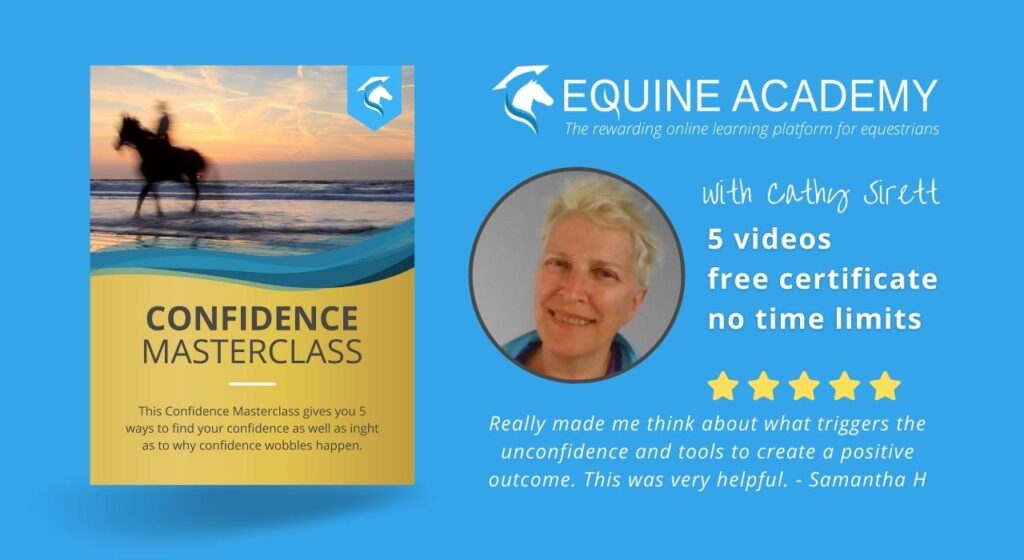When does an inspiring figure stop being helpful and start actually impeding your development? When they become a guru. Whether leaders and coaches assume guru status, or you give it to them, the flexibility, confidence and creativity that are essential to learning and development are likely to suffer.
There is something out there that’s having an insidious effect on confidence. Whilst at first it seems to give you confidence and provide the support you need to move forward, it actually erodes your self-belief and leaves you in a worse place than when you started.
Unfortunately, this phenomenon also appears to be a fundamental characteristic of human nature: it’s something I call Guru Syndrome©.
It happens in all walks of life, not just in business, and has an unfortunate effect wherever it occurs. It can happen intentionally or accidentally, but however it happens, ultimately, it has a negative impact on your confidence, your knowledge building and your career.
What is Guru Syndrome?
Guru Syndrome happens when you find someone who impresses you and inspires you, and possibly educates you as well; then either they assume guru status – or you give it to them.
There are many successful leaders and coaches out there who seem to be contributing very nicely – then all of a sudden they change. They start believing their own publicity, getting caught up in their own myths and stories. One sign of impending Guru Syndrome is when a person starts thinking that it’s their special gift or talent that is making the difference, instead of realising that it’s just what they are teaching and how they are teaching it that’s achieving the results.
When a teacher or coach changes from seeing themselves as a vehicle for communication, a bridge between a person and understanding, to seeing themselves as the source of that understanding – as the only source of that knowledge and understanding – that’s when they can fall victim to Guru Syndrome.
When, as a leader and coach, you realise and accept that there is nothing extraordinary about you; and that you just have a bit more knowledge or a few more resources than the people you are teaching – then you are pretty unlikely to develop Guru Syndrome.
When I learned Equine Touch, a massage technique that leads to some huge responses from horses, it was very common for new learners to start thinking strangely: rather than thinking it was the technique being effective, they started talking about how their energy and ‘special connection’ was doing the work. When it was their effective application of a learned technique that was really getting the results! They were just the medium through which this technique could be applied.
Now, I’m not saying for a moment that energy and connection isn’t a key part of the process. But, the fundamental point is that anyone who learned it could do it.
How does Guru Syndrome happen?
Guru Syndrome© can happen intentionally. Someone can deliberately set out to establish themselves as a ‘guru’. They plan and manipulate the situation to achieve this status. However, this is rare – it’s far more likely that this has happened accidentally. Maybe someone starts off as a coach and gets a few good results. Maybe they get results where others have failed. And perhaps they constantly hear how good they are – so they start believing that they have something special.
It’s very tempting, and it’s very seductive. We all want to feel good about ourselves and find something worthy in ourselves, something special. We all want self-esteem. However, self-esteem is built on a false foundation, leading to its issues.
If your confidence comes from something that is ultimately false – what happens? You become defensive. You become rigid, and you become inflexible.
So if you have leaders or coaches who fit that description, the likelihood is that they have fallen victim to their version of Guru Syndrome.
Once you are stuck in Guru Syndrome, you’re not open to hearing anything else or seeing anything else, making it very hard to learn new things. It makes it hard to even admit that it would be a good idea to learn new things, and you certainly won’t ever admit to feeling unconfident.
Why is Guru Syndrome a problem?
A guru will not be good for your confidence. They will be giving you the answers, tools and techniques they would use, they will be telling rather than listening, and you will not get the knowledge and information you need for your journey. Instead, they will be trying to get you to go on their journey – and that’s not good for your confidence and self-development.
Instead, seek out leaders and coaches who are open-minded. Open to new ideas and new approaches – while still being very sure of themselves – hear your story and come up with ideas to help you on your journey. These are the coaches who have true confidence, and if you try to give them guru status will most likely laugh and dismiss the idea.
Now, let’s look at another perspective because this is human nature too: what about when students try to give guru status to their teacher or coach, whether they want it or not? What is going on here, and why is it a bad thing to admire your coach or teacher so much?
This is quite common. If you find someone who seems to explain concepts really well, it’s only natural to ascribe positive thoughts to them.
There’s a well-known psychological event called ‘The Halo Effect’. When someone is good at one thing, it’s human nature to start passing that positive feeling on to other areas of their lives. So when we meet someone who can explain things in a way we can understand and who helps us to be better at what we do, it’s only natural to start thinking of them in a totally positive, non-critical way – and begin to assign guru status to them. The heroes we choose (and a guru is a form of hero) are the people who have attributes we would like to have and who have what we aspire to have or be.
Having a hero to inspire us is a good thing – it motivates us to keep learning keep practising. But when we start giving them guru status, something changes: it stops being a good thing and starts being very bad for us.
How? Well, here’s an example. Someone recently decided to try to give me guru status. She said, “You are so wonderful, the only person who really understands what is going on with me and my life”.
On the one hand, that was lovely to hear – great for my ego. And that was the alarm bell – whenever I feel my ego stirring, I know it’s time to take a closer look! After all, coaching isn’t supposed to be about me. It’s supposed to be about whoever I am working with: it’s their journey.
So when someone tries to make it about me, what’s happening? Well, by making it about me and how good I am, they are downgrading their contribution – and making it harder for themselves to believe that they can do it too. In many ways, they are abdicating the responsibility to learn: after all, if I have some mystical gift that they don’t have, then they can’t be expected to learn what I have learned. Therefore, they can keep going as they are, and nothing will change. So when you assign guru status to a coach or leader, you are actually abdicating responsibility for your own learning and progress.
That means that any learning, knowledge, or development you feel or get is only because you are confident in your leader or coach, not yourself! So you will only be confident when you are around that person or their representatives, and you won’t be developing your own approach or confidence at all.
It won’t be sustainable confidence – and as soon as that leader or coach leaves, you not only lose the confidence, you also have no tools with which to build your own confidence. And that is certainly not good for you or your career.
Healthy heroes
When people say things like: “Wow, what you did was amazing – how can I do that too?” – that’s when we’re talking about healthy heroes. Understanding that the coach or leader can do it, that they have learned how to do it, and therefore so can we – that’s when we can have a constructive plan to move forwards.
One thing to remember is that there are many people out there given guru status by others – but they themselves are not part of it at all. I have met some people in the business world who are frequently thought to have Guru Syndrome – but they don’t. When you meet them, they are self-effacing and only concerned with genuinely making a difference to people’s development.
In summary…
It’s good to have heroes: I meet many every day. People whom I admire and try to emulate – people whose ideas I use to help me create my own. Without heroes, we would be very uninspired and probably uninspiring. However, we can do without gurus. We need to take responsibility for our own development, and confidently set off on our individual learning journeys.

This article first appears in the EA Journal in February 2022 – Get your free copy






